JKPSC KAS Mains 2022 Political Science Paper 2:
INSTRUCTIONS
Please read each of the following instructions carefully before attempting the paper.
(i) There are eight questions divided in two Sections and printed in English. Candidate has to attempt Five questions in All. Questions No. 1 and 5 are compulsory and out of the remaining, any Three are to be attempted choosing at least One question from each Section. The number of marks carried by a Question/Part is indicated against it. Answers must be written in English in Question-Cum-Answer (QCA) Booklet in the space provided.
(ii) Your answer should be precise and coherent.
(iii) If you encounter any typographical error, please read it as it appears in the text book.
(iv) Candidates are in their own interest advised to go through the general instructions on the back side of the title page of the Answer Script for strict adherence.
(v) No continuation sheets shall be provided to any candidate under any circumstances.
(vi) No blank page be left in between answer to various questions.
SECTION- A
1. Answer the following in about 150 words each: (5 x 10 = 50)
(a) Examine the Political Economy Approach to the study of Comparative Politics. (10)
(b) How successful have been social movements in establishing link between government and society? (10)
(c) Which approach is best suited for analysing international relations in post-cold war?
(d) India’s policy-makers publicly stated that the country sought to pursue a strategy of “minimum credible deterrence’. Does India’s nuclear programs and deployments justify this?
(e) Discuss the relevance of Soft Power in contemporary world politics. (10)
2. (a) Suggest measures to improve the effectiveness of IMF and World Bank in Global Governance. (20)
(b) ‘Political participation has strengthened the spirit of inclusiveness in Indian democracy’. Justify this statement. (15)
(c) Discuss the impact of globalisation on the state and economies of the developing societies. (15)
3. (a) In what ways, do you think the Marxist theory of hegemony helps in enriching understanding of the dynamics of international politics? (20)
(b) Critically examine the hindrances for an effective functioning of the UN and discuss its future role as a World Environmental Organisation. (15)
(c) The National Human Rights Commission (NHRC) is an embodiment of India’s concern for promotion and protection of Human Rights. How far NHRC has been successful is realising it’s mandate? (15)
4. (a) India’s growth trajectory aligns with APEC’s agenda of enhancing regional integration through trade and investment liberalization across the Asia-Pacific. As India looks to engage even more with the East through its Act East policy, explain how APEC membership for India can improve this engagement? (20)
(b) Do you think the North-South ideological divide impacts the on-going debates on international environmental politics? Discuss with suitable examples? (15)
(c) Gunnar Myrdal, in his book, ‘Asian Drama’, called India a ‘soft state’. In the light of this statement examine the significant shifts in India’s Foreign Policy in the past one decade? (15)
SECTION- B
5. Answer the following in about 150 words each: (5 x 10 = 50)
(a) What constitutes the specific elements of India’s Indo-Pacific approach? (10)
(b) ‘The recent US national security strategy issued by the Joe Biden Administartion and the Chinese Communist Party’s 20th Congress promised to reshape the geopolitics of Asia.’ Discuss. (10)
(c) Discuss the major impediments in India’s way to a permanent seat in United Nations Security Council? (10)
(d) Considering the complementarities of capacities and convergence of interests among India, Japan and Russia, discuss the potential areas of cooperation in the Russian Far-East to boost their partnership in the Indo-Pacific region. (10)
(e) Examine the reasons that have led to India making a renewed push for pursuing trade liberalisation in WTO through Preferential Trade Agreement route? (10)
6. (a) ‘A well-functioning Free Trade Area would create a more prosperous South Asia’. Examine the impact of South Asian Free Trade Area (SAFTA) on India? (20)
(b) Analyse the Indian multilateral strategies at the UN on International security and development? (15)
(c) ‘The Western liberal model of society is dying and a new world order (led by Russia, China and India) is taking its place’. Give your reasoned opinion on this citing suitable instances. (15)
7. (a) ‘India and Africa share a rich history of cultural, economic and political interactions, rooted in the spirit of developing together as equals’. How can the ties between the two redefine the contours of international order and become a true symbol of South-South Cooperation? (20)
(b) ‘India seeks partnerships with all the relevant actors in the world and believes in forging de-hyphenated relations among rival countries and strategic groupings, even in the most conflict-ridden regions of the world such as West Asia’. Discuss. (15)
(c) ‘India-EU relations have progressively developed and evolved into a strategic partnership in the 21st century. Comment. (15)
8. (a) Examine the Indian perspective on reviving the World Trade Organisation towards a Sustainable Development Goal-oriented trade negotiation? (20)
(b) Discuss with examples the ethnic conflicts affecting the development, progress, security and social fabric of societies impeding the regional cooperation in South Asia. (15)
(c) Examine the increasing significance of maritime security in India’s foreign Policy? (15)
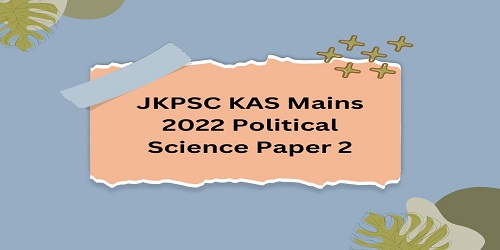
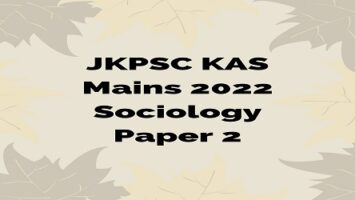
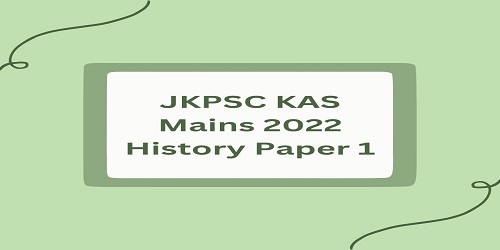
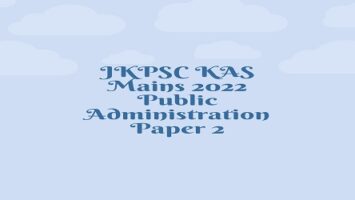
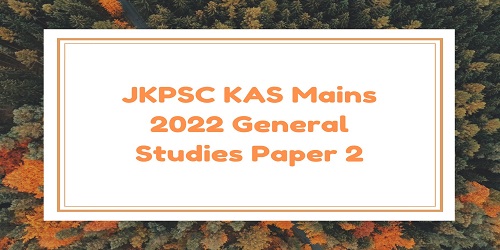
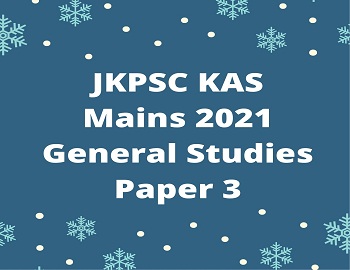
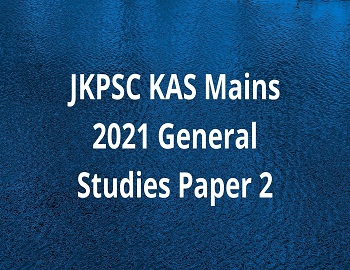
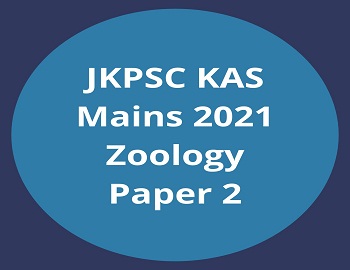
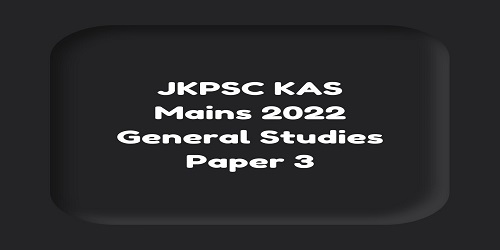
Comments (No)